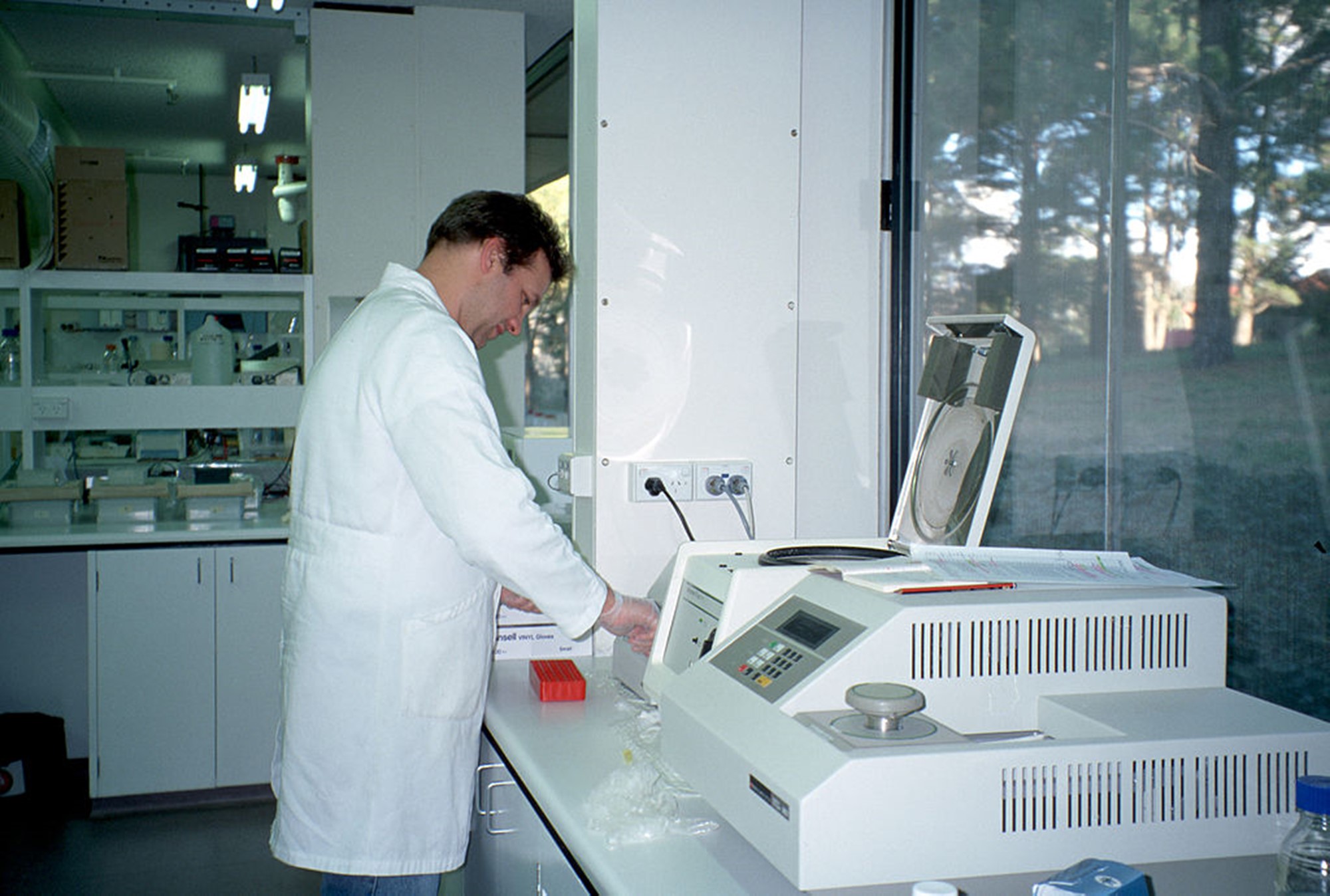Analytical Method - Rapid PCR Legionella and other bacteria

Get a quick UKAS-accredited Legionella sample result within 24 hours using Rapid Legionella PCR test.
Polymerase chain reaction (PCR) Legionella analysis is a rapid technique used to amplify a single copy or a few copies of a segment of DNA. The speed of analysis can be crucial in a suspected outbreak scenario, compared to the 10-12 days required for the traditional culture method. Furthermore the accuracy of analysis lends itself particularly well to identifying the success of control measures across a period of time when trend mapping the results.
With the most significant advancement in testing, SMS Environmental offers a real-time assay for the quantification of Legionella in environmental samples using GeneExtract® for DNA extraction and purification and GeneDisc® Cycler for real-time PCR.
Benefits of the Rapid Legionella PCR test
- Water hygiene evaluation gives you peace of mind that any Legionella control measures or remedial actions are working
- Enables rapid Legionella risk assessment and crisis prevention
- Gives real-time monitoring for viable Legionella bacteria
Our Rapid Legionella PCR service includes:
- Accredited Legionella test results within 24 hours
- A reported result turnaround time of 48 hours
- Tailored packages to meet specific requirements
- Free sample bottles
- Electronic reporting format, including SMS, internet or email
Rapid Legionella PCR Analytical process
- Filtration – through a 0.45 µm polycarbonate membrane
- DNA extraction – lysis buffer, sonication and heating
- DNA purification – to isolate DNA
- PCR analysis – sample is mixed with enzymes to amplify DNA, fluorescence signal intensity is then measured
Technical Specifications
- Two GeneDiscs are available specifically to detect either Legionella spp. or Legionella pneumophila
- Detection limit of 167 genomic units/l of sample
- The quantification limit of 833 genomic units/l of sample. The quantification limit corresponds to the smallest quantity of Legionella pneumophila genomic units required to generate an accurate result
- Suitable for a range of matrices:
- Up to 1 litre for process waters
- 10 g for solid samples
- Up to 1 litre for environmental waters
- Sensitivity – greater sensitivity than the culture method
- Practicality – high solid/turbid samples are easier to analyse
Frequently Asked Questions
Q: How does the GeneSystems® membrane detect only viable Legionella?
A: The 0.45 µm polycarbonate membrane lets free DNA pass through the membrane and retains fully formed cells. Therefore, only viable Legionella are retained on the membrane.
Q: What is the difference between a CFU and a GU?
A: A CFU is a measurement unit of the ability of a cell to form a colony. A GU is a measure of DNA present in a single cell. GU values are often higher because it detects stressed cells or intra-organelle cells that wouldn’t normally be detected by culture methods.


















